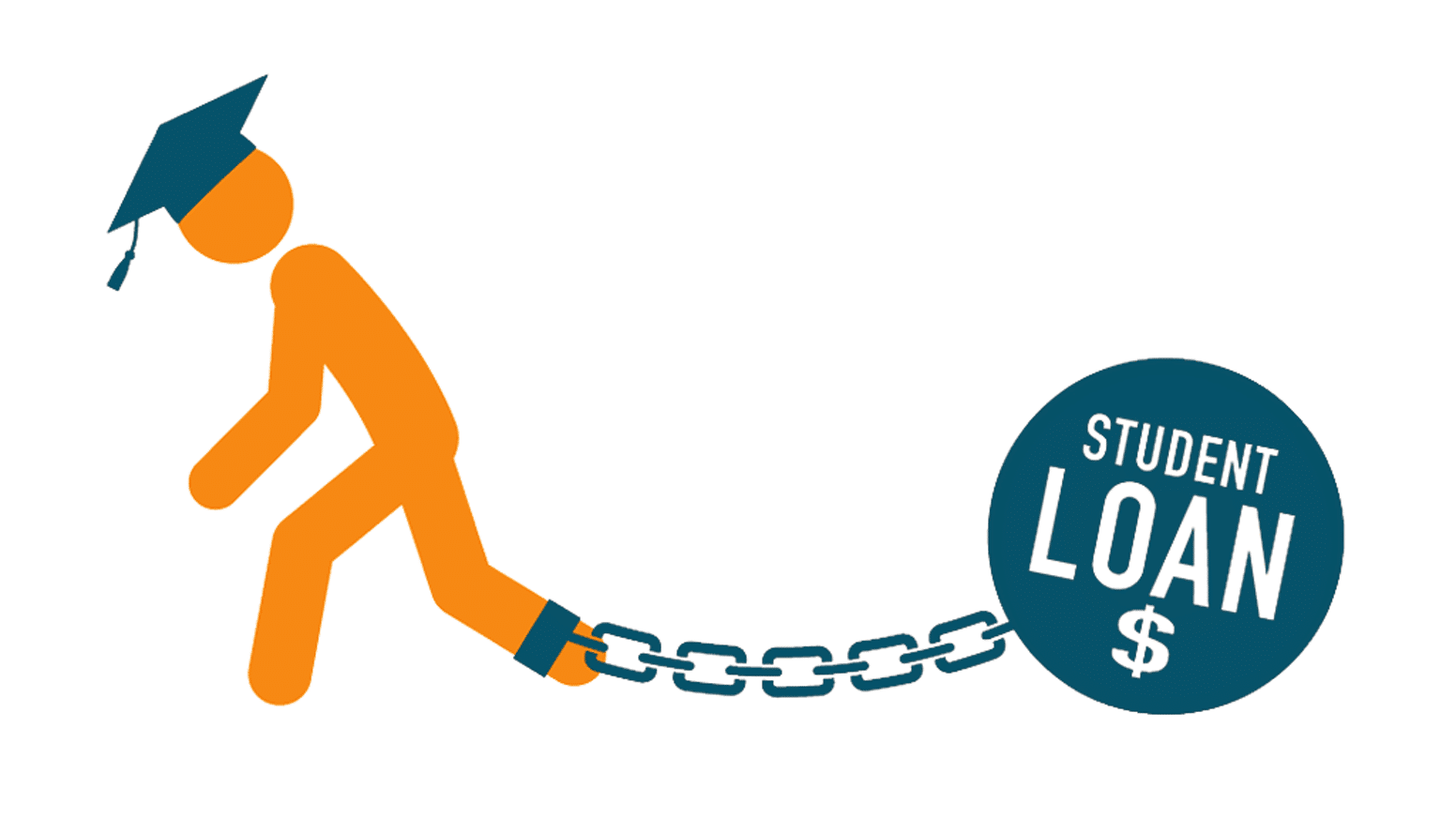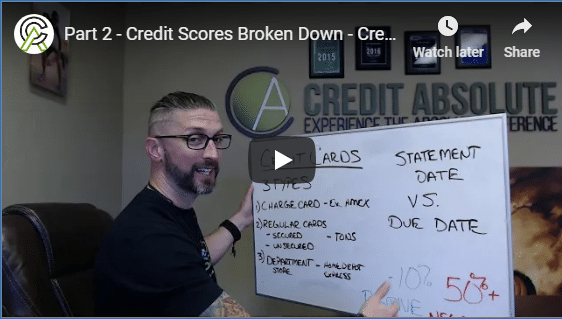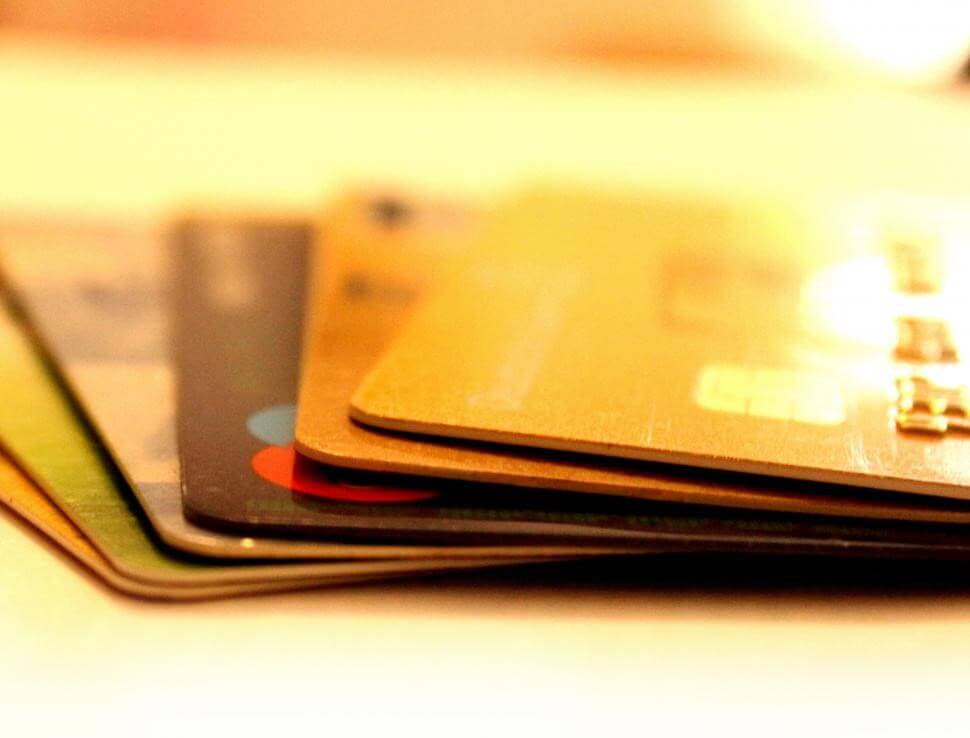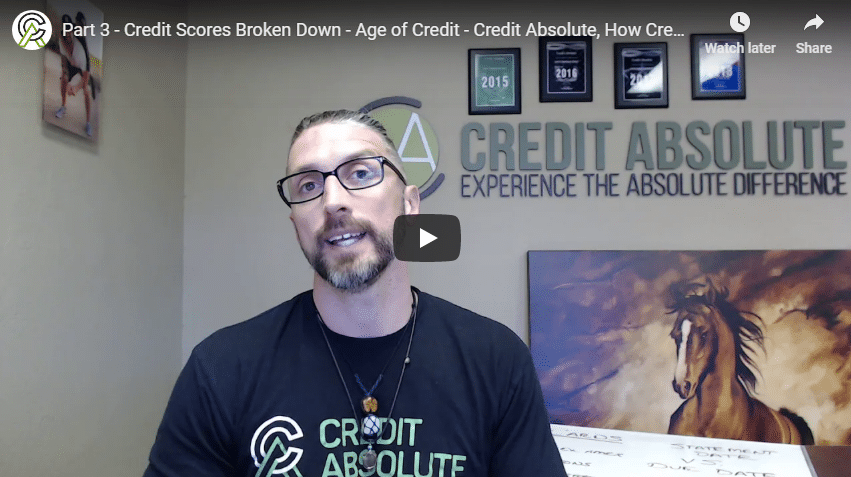Everyone is prone to financial mistakes, but fresh graduates who just enter the workforce make them most. Student loans are a welcome when you need funds for getting through college, but repaying them is a whole different story unless you have a good repayment plan in place.
This article will help you face the facts of entering the workforce after college and how to avoid credit mistakes while paying off student loans.
- Apply For Student Loan Interest Deductions.
Bold point? Definitely! Indeed, you can get deductions of up to $2,500 in interest on your federal student loans. Most graduates fail to make an application when they start working.
If you are employed in a full-time job and are in a federal service public job or located in an eligible state, you can apply for a Public Service Loan Forgiveness.
Furthermore, teachers with a full-time job and five years of experience, working in designated secondary schools are eligible and can apply for Teacher-Student Loan Forgiveness. However, those schools or education service agencies should be ones that serve students from low-income families.
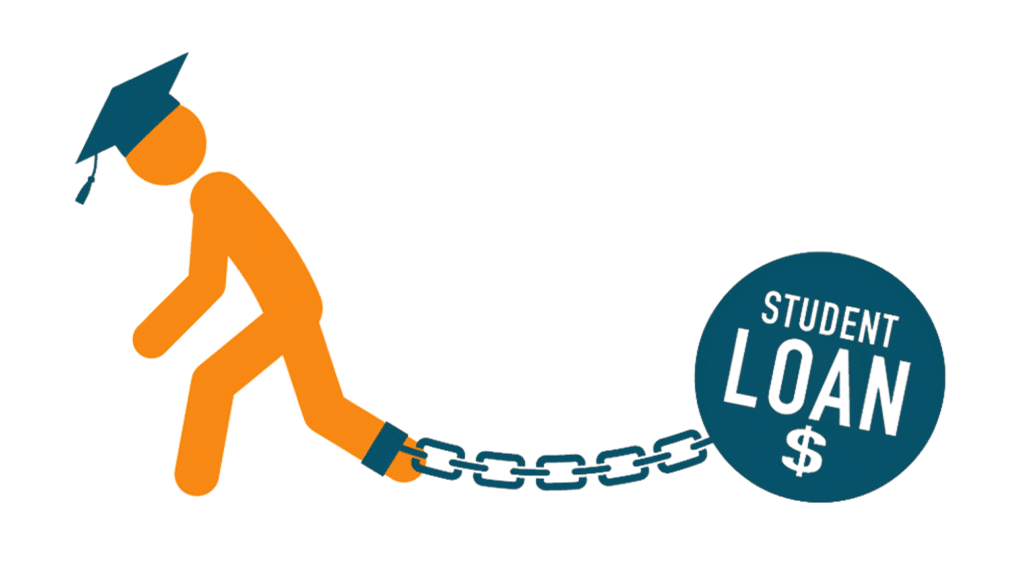
- Make More Than Minimum Payments
After securing a first job that pays well, most graduates tend to only make minimum payments. Granted, this will give you more disposable income, but you should note that interest will also be accruing on your principal balance.
A tool like a student loan repayment calculator can help you understand how you can save yourself money by making more payments. For example, if you have a $30,000 student loan debt with a payment plan of 10 years, incurring interest of 6% and one with a minimum monthly repayment of $333. If you adjust repayments to $433, which is $100 more than the minimum- you save $3,048 and also clear the loan in 2.83 years less.
- Keep Track of your Loans and Avoid Defaulting
Defaulting can happen in two different ways: You can be a graduate who fails to make their monthly payments or you can fail to change contact information when you move to work at a different place, therefore fail to receive loan statements which leads to you forgetting.
You should note that the government has the ability to compel you to pay your loans through administrative wage garnishment, using your federal and state income tax refunds benefit payments, Social Security retirement payments as well as offsetting your federal and state income tax refunds.
Additionally, you can be charged collection charges of up to 20% of each payment. A student loan checklist can be a handy tool for keeping up to date with your loans and payments.
- Don’t Make Your Monthly Payments Late
You have probably heard about financial credit scores. Well, they measure your creditworthiness by checking whether you can pay your debts in time. This data is used to give you a credit score ranging between 500=850 points. Higher credit scores of over 750 will earn you big loans with a low-interest rate. Making a single late payment will damage your amazing credit score and negatively affect your future loans and financial status.
This can be a very bad start if you’ve just entered the workforce. Additionally, if you make late payments on your loans you will not be able to qualify for a cosigner release. A cosigner takes financial responsibility on your loan providing you with lower interest rates. Bottom line is, late payments will make you continue paying high-interest rates and damage your credit score. You can avoid these mistakes by making timely payments.
- Avoid Accruing Interest During your Loan’s Grace Period
Subsidized federal student loans offer students a period in which the interest charged on their loans doesn’t accrue, it is known as the grace period. The grace period is about six months from your graduation. If you secure a job in this period, especially one that pays well, you should make sure you make as many payments as you can afford.
Interestingly, most graduates fail to take full advantage of this period. If you haven’t found any work yet you can defer your payments during that time. That is one of the perks of subsidized student loans. Oddly enough, some people can defer their loans in this period even while employed. To ensure a healthy financial future, make great use of this period.
Key Takeaway
Paying loans is never easy, it requires making sacrifices, having great dedication and commitment. You can keep yourself free from student loans troubles, by adopting the above measures because any credit mistakes you make may just come back to haunt you.
